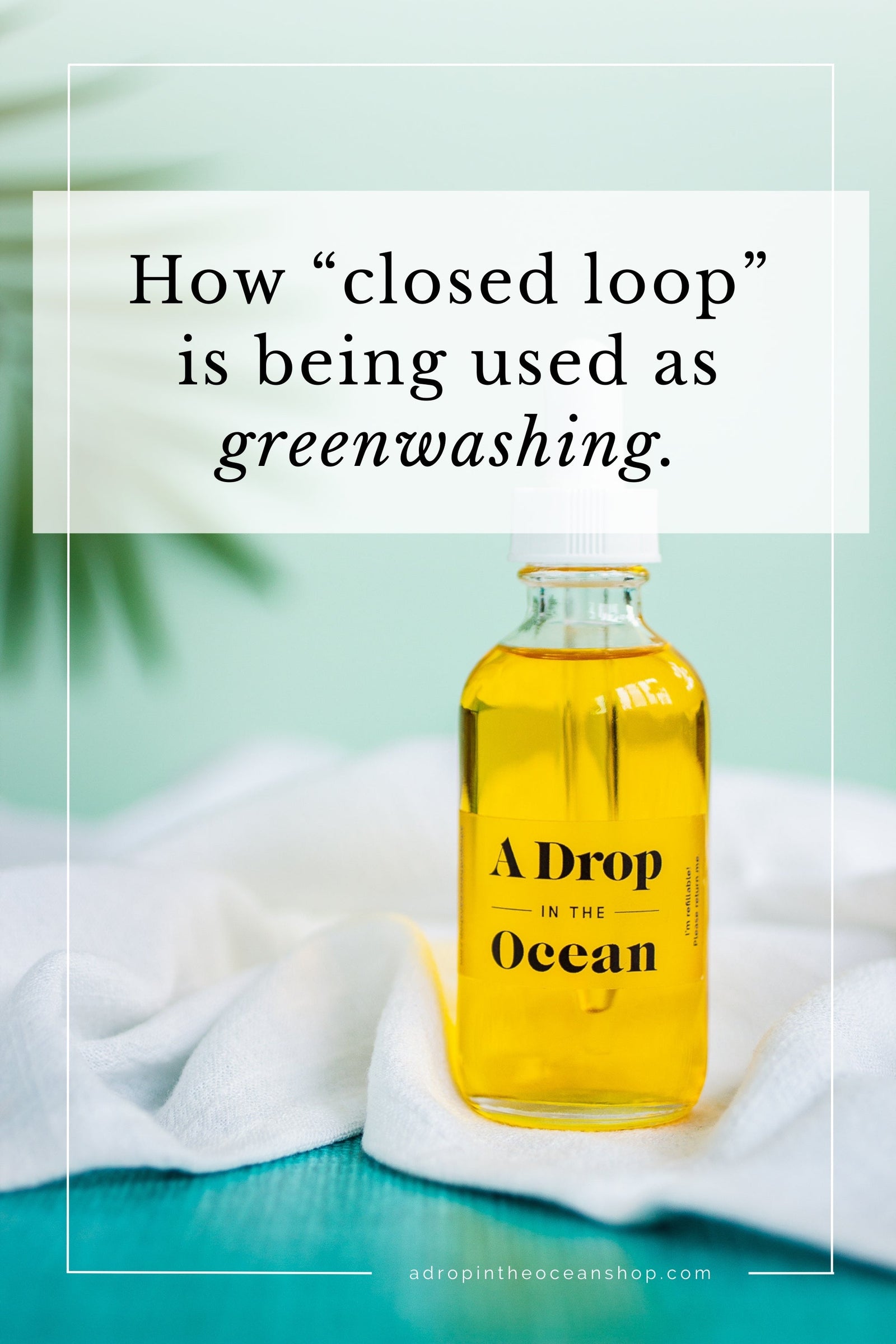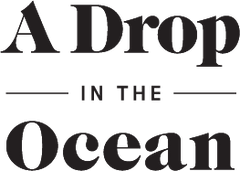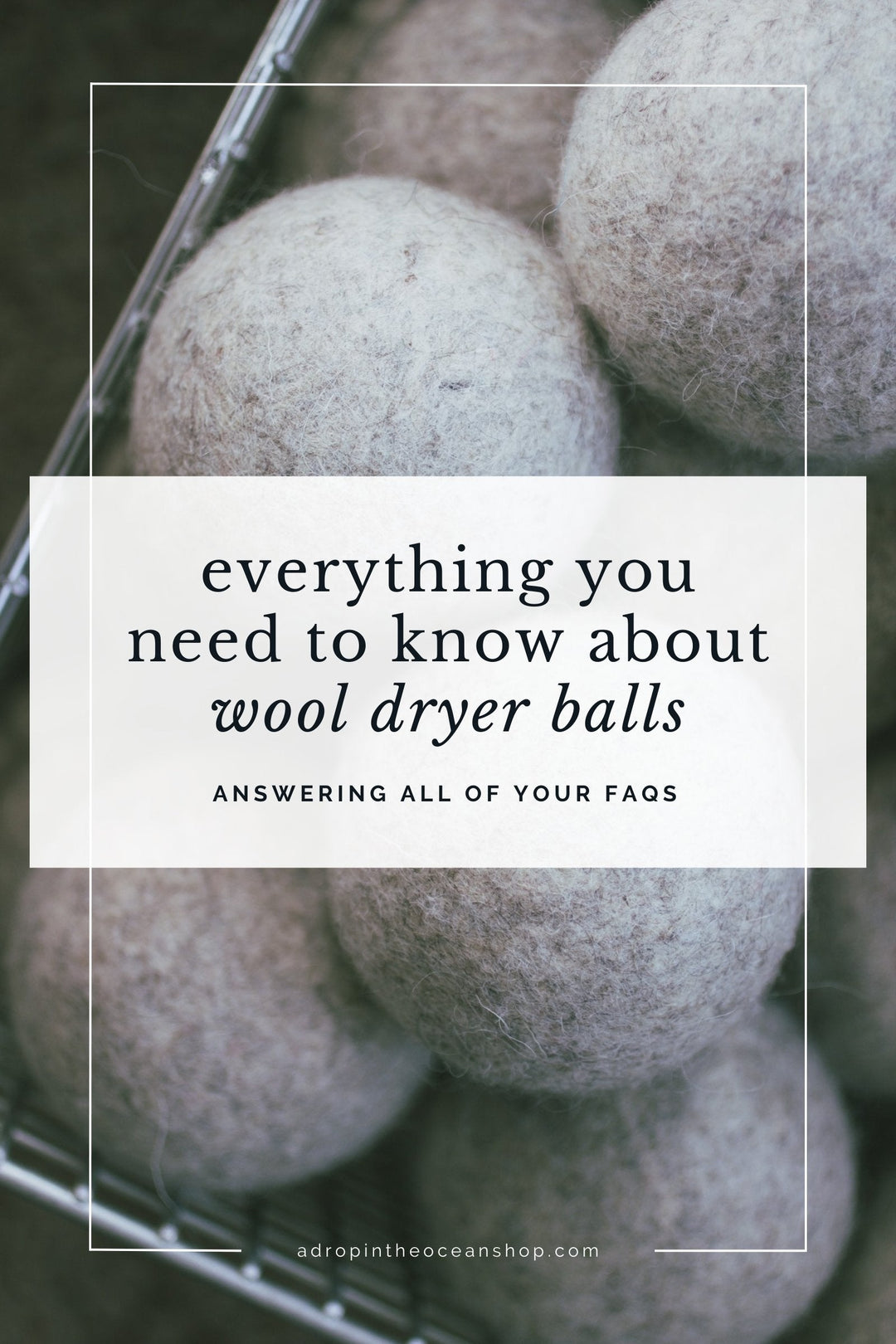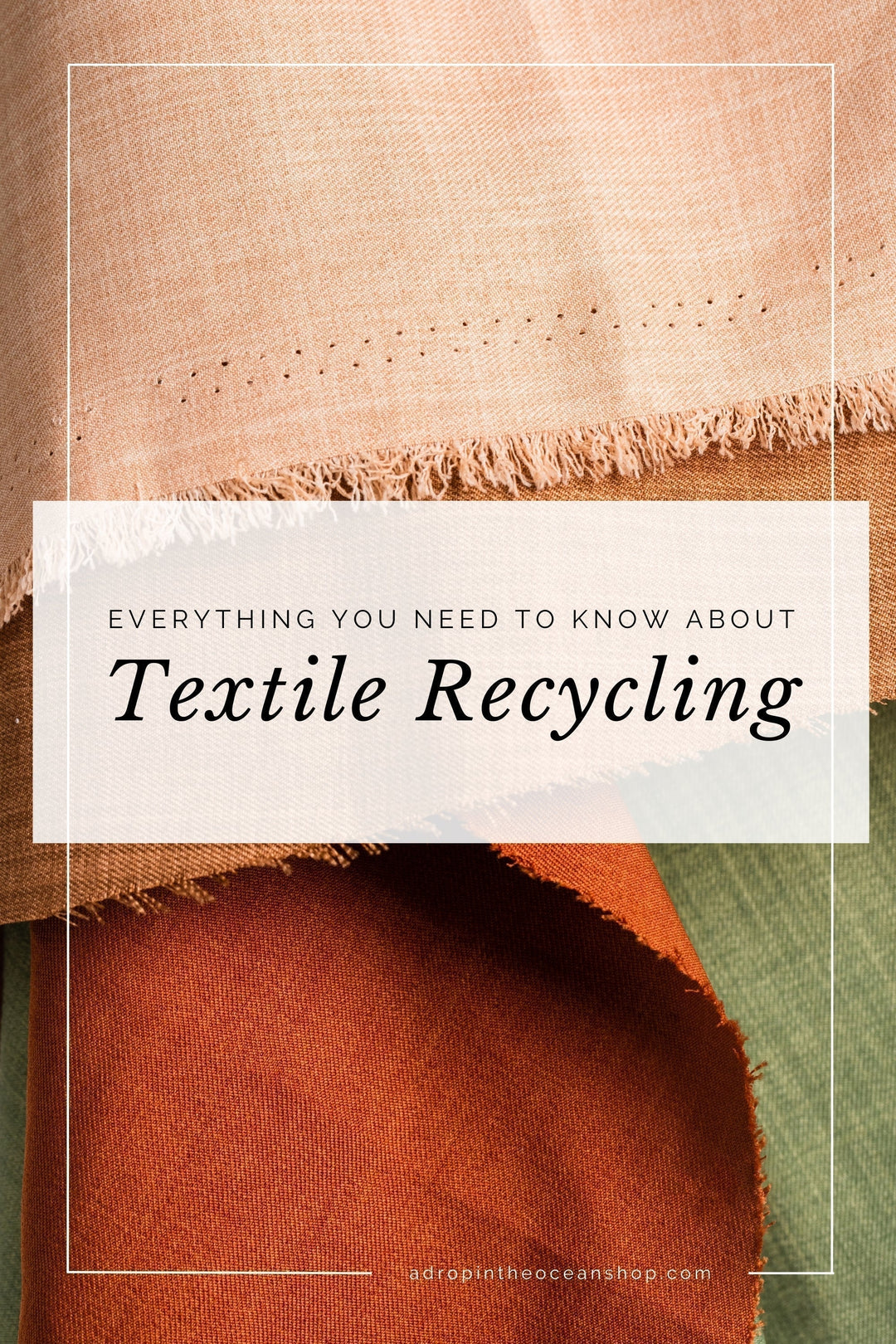How "Closed Loop" is Becoming a Greenwashing Term

This post first appeared in our weekly Make Waves Mondays email series on December 11, 2023.
So, friend, this morning I was scrollin’ Instagram, and I stumbled across an ad for a skincare company.
Their whole ad was calling out skincare companies for greenwashing tactics, like calling their products “natural” or “non-toxic,” because these words basically mean absolutely nothing, and talking about how their products and their business model is different and better.
And as I was watching this ad I was like, “Okay, yeah, cool I can get behind this! I’m all for calling out greenwashing tactics like this. Love.”
And then at the end of the video, they said their products are closed-loop refillable.
And I was like, “Wait really?? There’s another company out there also doing closed-loop refills?? Yay!!”
So I went to their profile.
I clicked the link in their bio.
I went to their website.
They’ve got “closed-loop refills” all over the place on their website - this sounds promising.
And I found a video explaining their closed-loop refills.
… You can probably see where I’m going with this…
Here’s what their “closed-loop” refill system looks like:
- Order a “new jar” or “new bottle” of the product you want.
- When you need more, order a “refill pouch.”
- Squeeze the contents of the refill pouch into the original jar or bottle of that product.
- When you have 3 or more empty pouches, send them back to the company.
- The company “recycles” the pouches in a Terracycle box.
Freaking. Terracycle.
In case you haven’t picked up on my disdain yet, friend… this 👏 is 👏 not 👏 closed-loop 👏
Literally, by definition, this is not at all a closed-loop system.
This is downcycling with ✨bonus steps✨

And I’m so freaking over it.
They even specifically say “we do not accept empty containers.” So they’re not even trying to hide that it’s not actually closed-loop, but they’re telling us that it is closed-loop every-freaking-where on their website.
When their entire schtick in their ad was calling out misleading greenwashing tactics. (!!!)
**deep breath, Krystina**
So let’s talk about this for a moment.
What does “closed-loop” mean?
When we talk about something being “closed-loop,” we mean that the same container is being reused and refilled over and over and over and over again.
For example, here at A Drop in the Ocean, all of our refillable products are truly closed-loop - both for you and for us.
We purchase our laundry detergent, for example, in 5-gallon buckets from a small, local, woman-owned business.
Then, when you order a new jar of laundry detergent, we scoop the amount that you ordered into a glass jar.
When you’re running low on laundry detergent, you order a “refill jar,” and we do the same thing as with the new jar, but include a free return label in the box with your refill jar.
You pack up your empty jar into the box, put the return label on it, and send it back to us. (Or if you live locally to us, just leave your empty jar on your porch on delivery day.)
We wash and sanitize and reuse that glass jar for another jar of laundry detergent. (We still have jars that have been in circulation since we opened in 2019!)
When we run out of laundry detergent in our 5-gallon buckets, we order more from our local vendor, pack up the empty 5-gallon bucks, and bring them back to our vendor for them to also reuse and refill with more laundry detergent the next time.
So when we say closed-loop, zero waste refills, we mean it.
There is literally zero waste in our refill process.
And that’s the ultimate goal of the zero waste movement - a shift towards a circular economy in which nothing is going to waste.
Because waste is a design flaw.
But this company is using “closed-loop” as a misleading marketing tactic, because in reality, they are creating waste.
What’s wrong with Terracycle?
Honestly, friend, a shorter answer would be what’s not wrong with Terracycle.
I wrote a whole blog post on why I don’t support Terracycle and other specialty recycling programs last April, and since then even more news has come out about the problems with Terracycle in particular.
I’m not going to rehash everything I wrote in that blog post (definitely go give it a read!), but here are some highlights as to why Terracycle’s got issues:
- When you recycle “hard-to-recycle” items with Terracycle, you’re not actually reducing the demand for new virgin materials, because these items are not able to be recycled back into the same thing on a 1:1 basis. “When you recycle your chip bag with Terracycle, you’re not reducing the demand for new chip bags - you’re building a park bench.”
- Terracycle actively assists corporations in evading responsibility for their waste and keeps the onus of responsibility on us as consumers.
- Terracycle’s messaging adds confusion to the recycling system as a whole, which leads to an increase in curbside recycling contamination and increased municipal costs.
- From a lawsuit against Terracycle: “Terracycle and its brand owner customers are reaping the rewards of portraying themselves as environmentally friendly without providing any meaningful benefit to the environment or to consumers concerned about sustainability.”
- About 20% of the waste collected by Terracycle just sits in warehouses for years on end, and cities have even sued Terracycle for trash piling up and rodent infestations. (source)
- Last year, a journalist put tracking tags on three items sent to Terracycle. The tags ended up tracking to a landfill after sitting in warehouses for months. (source)
So on top of just straight-up not being “closed-loop” as they claim, this skincare company is really just operating on a hope and a prayer that their pouches might be downcycled into a park bench one day by another - proven greenwashing - company.

Why does it matter?
So why am I all fired up about this, friend?
Because greenwashing is everywhere. And companies big and small are only making it worse. (This isn’t the first time I’ve called out small businesses for greenwashing.)
A few months ago I saw an Instagram reel talking about sustainability buzzwords and which one we think will be the next one companies use for greenwashing.
The prediction was “regenerative,” and I fully agreed.
I never imagined it would be “closed-loop.”
I mean, it’s such a concrete description. You’re either closed-loop…or you’re not. The end.
But apparently we live in a world where we can just say whatever we want as loudly as we want with no regard to whether or not it’s true.
And in the context of greenwashing, the intent is to get you, and the rest of us, to buy lots of their stuff because you feel good about it.
And if you don’t know the details of what “closed-loop” actually means, you might happen upon their website and just take it all at face-value without asking any questions, thinking that the products you’re buying aren’t creating waste, because that’s what the company is telling you.
The more this happens, the worse it gets for the planet and for those companies that are actually trying their damnedest to do right.
It tells companies that it’s okay to keep misleading us.
It tells companies that it’s okay to keep producing waste.
It tells companies that we’re cool with business as usual.
Language matters. The words we use matter.
And as long as companies big and small are pulling garbage like this (pun intended)…it’s status quo forever.
So, friend, I tell you all of this not to discourage you. But on the contrary, to show you that it’s okay to question the way things are done.
The first R in the 6 R’s of zero waste is, after all, rethink.
So let’s hold companies to a higher standard.
Let’s support those doing it right.
Let’s ask questions of those who aren’t.
And let’s advocate for better standards and regulations around these kinds of terms, so we don’t have to keep sorting through the noise on our own.
You with me?
All my best,
P.S. I’m thinking it might be time to revamp my Greenwashing 101 workshop and bring it back into the world in the new year… What do you think?
Related:
How do we keep our market booth display zero waste?
How sustainable (and ethical) is Blueland?
How zero waste is A Drop in the Ocean, really?
What's the Environmental Impact of Online Shopping?









Leave a comment